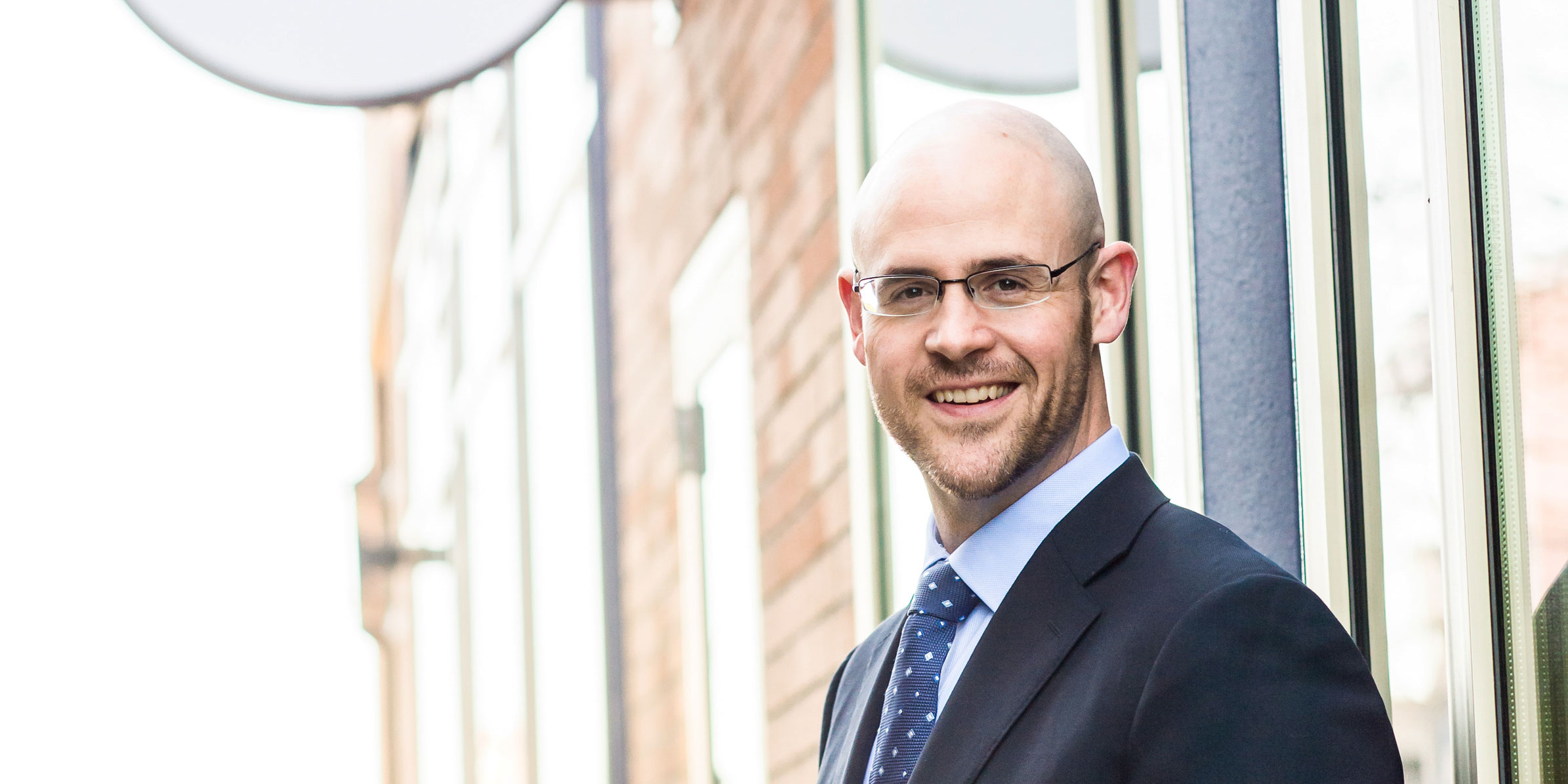
A Healthy Dose of Empathy
Ryan Schmid, ’07 MBA, has long been passionate about solving issues concerning health and health care. Early in his career, he began questioning the structure of our nation’s health care system and how it negatively impacts people on a local level, specifically the South Seattle communities he was serving at the time.
With a background in nonprofit community development bolstered by a Seattle University MBA, intensive entrepreneurial mentoring and a quest to support the greater good, he went on to launch Vera Whole Health in 2008, a nationally recognized advanced primary care (APC) model that helps people achieve optimum social, psychological and physical well-being, while driving down the total cost of care. Defined as “the next evolution of primary care,” the proven Vera APC model delivers “the essential 1:1 patient-provider relationship through informatics, referral management and care coordination and integrated health coaching.”
The Vera APC model is value-based and focuses on empathetically treating people, not symptoms. As described on Vera’s site, it’s designed to “put an end to skyrocketing health care costs” while improving members’ health and overall experience. Essentially, “it’s transforming how patients engage with health care, how providers deliver care and how payers and employers pay for health care.”
This spring will mark the 15th anniversary of Vera Whole Health winning the Albers School of Business Harriet Stephenson Business Plan Competition, which provided $10,000 in initial seed money. As founder and CEO of Vera Whole Health—now a $400 million company revolutionizing health care—Schmid reflects on his journey as an entrepreneur and how Seattle University and its Jesuit and Catholic-based teaching principles contributed to making his vision a thriving reality.
“There wouldn’t be Vera Whole Health without the Business Plan Competition and Albers School of Business and Economics.”
“There wouldn’t be Vera Whole Health without the Business Plan Competition and Albers School of Business and Economics,” says Schmid. “Creating an environment for students to really test an idea … under the mentorship of seasoned professionals, made all the difference in the world. By the time we ended up winning the competition we were able to leverage the tailwinds from that to raise our initial capital, so it all very much is directly tied to the school and the program.”
When it comes to how SU’s holistic approach of mind, body and spirit influence Schmid as an entrepreneur, he says, “it’s literally woven into the business model of Vera Whole Health. Our values are to do well and do good, to love those we serve and personal and corporate authenticity, so it shows up in our values, which then shows up in our culture.”
When considering insights and lessons to share with aspiring entrepreneurs, Schmid says, “maybe I’m speaking to myself as a student, but don’t fall victim to Instagram society.”
“We’re constantly inundated with images and stories of glamor and success, stories of the latest unicorn company. The fact of the matter is the overwhelming majority went through a lot of time and struggle before they became unicorns. It’s a long hard slog to be where we (Vera) are at today. I think people who want to be entrepreneurs give up prematurely or shouldn’t get into it in the first place if they’re not willing to grind it out. It takes a massive commitment.”
However, “the flipside is that you experience the incredible joy that comes with building a business.”
